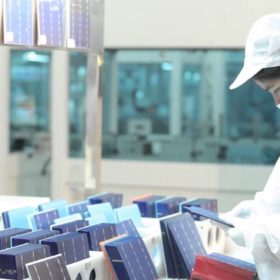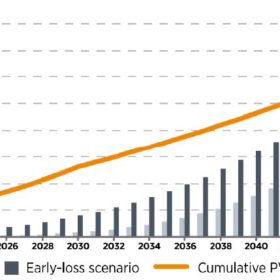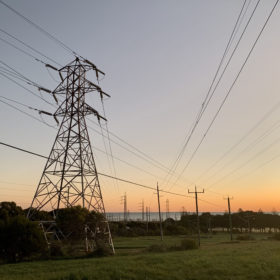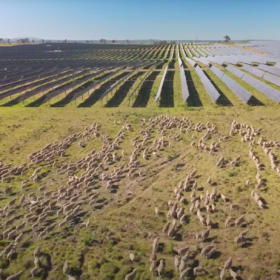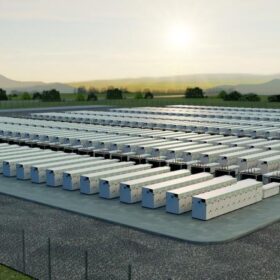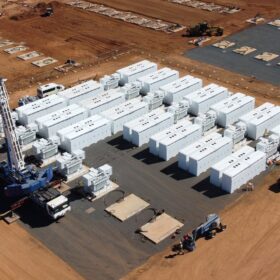Zinc-ion batteries for residential applications
Enerpoly produces low-cost, low-maintenance zinc-ion battery storage systems for durations of two to 10 hours. The Swedish battery specialist now plans to develop prototypes of a residential plug-in storage system with rechargeable zinc batteries in Europe, under an EU-funded collaborative project with Austrian startup EET.
Overcoming thermal issues of vanadium redox flow batteries
Chinese scientists have analysed reports of thermal issues with vanadium redox flow batteries (VRFB) and existing thermal management methods. They say the operating temperature should be maintained in the range of 10 C to 40 C to ensure VRFBs with high efficiency, weak side reactions, high electrolyte stability, and low crossover.
Zinc-bromine redox flow batteries with superpower density
Indian researchers have presented a new way to develop effective electrode materials for superpower redox flow battery (RFB) systems. Their flow cell with heat-treated nickel-rich platinum-nickel coating on the graphite felt delivered an impressive ever-best power density of around 1,550 mW cm−2.
Virtual power plant to trade grid-stability services in New Zealand
New Zealand’s solarZero says it aims to provide fast, sustained reserves with its virtual power plant of 10,000 household battery systems. Meridian Energy, meanwhile, has secured approval for a 100 MW battery energy storage system – the country’s largest such system to date.
Hydrogen-producing rooftop solar panels nearing commercialisation
KU Leuven researchers have developed rooftop panels that capture both solar power and water from the air. Like traditional PV modules, hydrogen panels are also connected, but via gas tubes instead of electric cables. The researchers are now preparing to bring the tech to the mass market via a spinoff company.
Novel redox flow battery paves way for low-cost storage
US researchers have facilitated the decoupling of power from energy design by incorporating a conducting carbon slurry in the negative electrolyte of an all-iron flow battery. In a new study, they describe the design considerations for slurry iron redox flow battery scalability.
Latest advances in sodium-ion battery research
Qingdao University researchers have synthesised high-performance titanium dioxide-based anode materials with excellent cycling stability, while German scientists have used operando techniques to observe how solvated sodium ions embed themselves in electrodes.
Globalised supply chains saved $103 billion in solar panel production costs
A new study has calculated that the globalised PV module supply chain has saved billions for PV installers in Germany, the US and China. It also found that if strong nationalistic policies that limit the free flow of talent and capital were implemented going forward, solar panel costs would be 20-25% higher by 2030.
UNSW researchers develop high yield, low cost, eco-friendly process to recycle Si-PV modules
A team of researchers from the University of New South Wales (UNSW) has proposed a cost-effective way to recycle silicon solar panels. Their process consists of module deframing, laminate shredding and material concentration using electrostatic separation, reducing their original weight by 2% to 3%.
NSW payments for hosting new transmission lines set to double
As it looks to replace its ageing coal-fired fleet and accommodate a growing share of renewables on its grid, New South Wales has pledged to nearly double the average payments landlords across the state receive for hosting high voltage transmission lines.

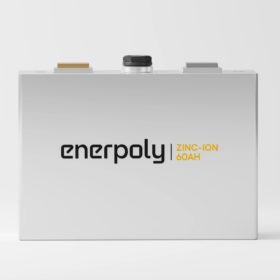
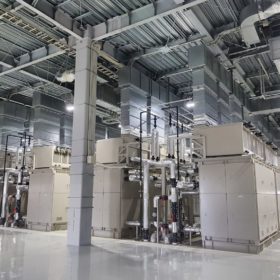
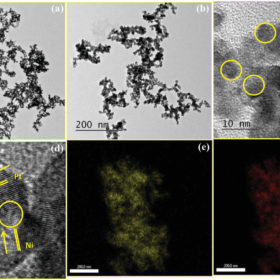
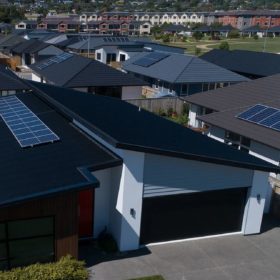
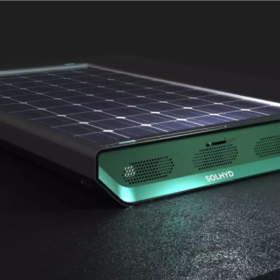
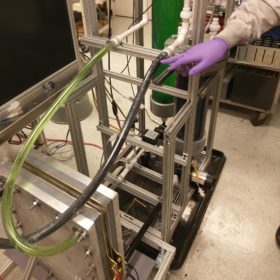
优睿科.jpg-280x265.png)
